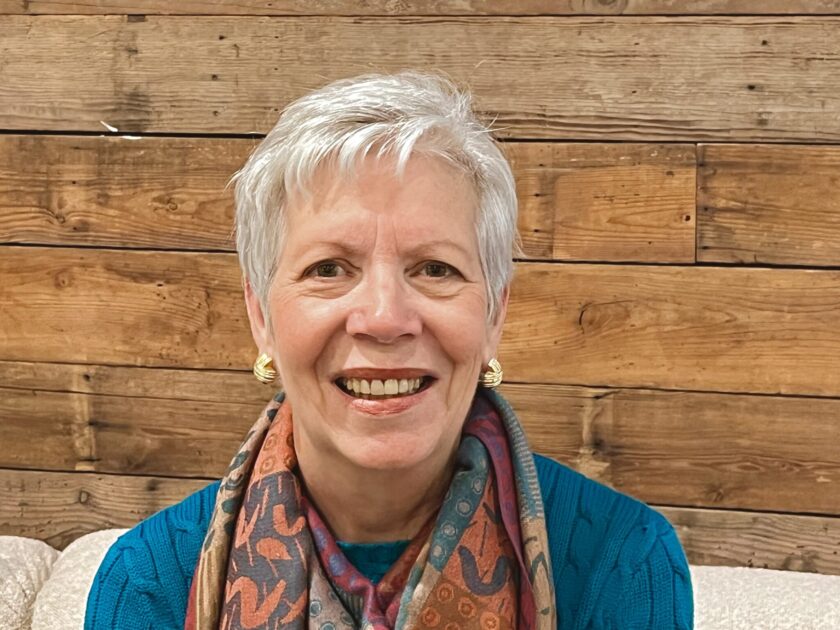As many of you know, Boundless was acquired by a private equity partnership in June of this year. With the industry seeing more changes than ever in ownership, mergers and acquisitions, I thought this would be a good time to sit down with one of the investors and interim president of Boundless, Charley Dean. He shares his perspective on how he views the industry’s greatest opportunities and challenges.
Pat: What attracted you to the promotional product industry?
Charley: I have been an investor in the promotional industry since 2006. Back then, I was attracted to the ubiquity and effectiveness of promotional products and the overall size and growth of the industry. Fast forward 15 years, and those same characteristics exist today, only now the industry is even larger and more sophisticated than it was back then. As a $26 billion industry in 2019 (per ASI), promo represents a large market in which a wide range of companies and business models can be successful.
Pat: Where do you see the industry heading?
Charley: The industry will continue to grow. Physical promo products have even greater relevance in an increasingly digital world. Additionally, promotional products are one of the most effective and highly-regarded forms of advertising. On top of that, PPAI research suggests that the effectiveness of promotional products is even stronger with younger generations. We see these factors driving long-term growth.
Within the industry, consolidation will continue at an even greater pace, as scale and the ability to invest in technology and talent will increasingly be competitive advantages. Larger distributors will be better prepared to address their clients’ needs, including international distribution capabilities, sustainable and transparent sourcing programs, and technology platforms that can enhance the buying experience.
We believe that software will continue to permeate the industry, driving further evolution in business models. Online-only distributors will efficiently service smaller businesses with a tight offering of select products, while software tools will enhance traditional distributor models by streamlining customer service, product sourcing and design. The modern promo professional will be a creative extension of their enterprise clients, delivering value through creativity, customer service and access to a wide range of products.
Pat: What challenges will the industry face?
Charley: In the near and mid-term, supply chain challenges will remain front and center. We believe that distributor scale and creativity will be essential to weathering this period.
Longer term, we are highly focused on succession planning in the industry. PPAI research noted in 2015 that 69% of distributor personnel were aged 50-plus years old. While that statistic is a bit dated, the industry as a whole has seen a limited pipeline of younger talent to backfill those retiring. We believe that recruiting new people to the industry and partnering in their success through an effective apprenticeship model will be key to the long-term success of the industry. At Boundless, we are focused on investing in the talent and technology that will provide exciting growth opportunities for the future leaders of this industry. We also believe that many tenured distributors may consider being acquired in the coming years as a logical succession plan.
Pat: Can you provide some insight into the process of acquiring a distributor?
Charley: Following an introductory conversation, we typically execute a mutual confidentiality agreement so we can start exchanging evaluation material. Based on this information, such as historical financial information, and a clarifying diligence phone call, we are able to have a deeper discussion about the potential fit. From there we can establish a preliminary proposal of pricing and structure of a potential acquisition. If it makes sense for both parties, we then provide a formal Letter of Intent (“LOI”) to address the specifics of an acquisition. We can typically close smaller transactions within six weeks of executing an LOI, while larger transactions may be closer to eight weeks.
Pat: What do you look for when evaluating a potential acquisition?
Charley: When evaluating potential distributors, similar to hiring new team members and sales affiliates, cultural fit is the most important factor for us. Boundless was founded as a uniquely collaborative, creative, high-energy distributor and we are focused on adding partners who align culturally.
Second, but equally important, is customer fit. When acquiring distributorships, we like to see a demonstrated record of sourcing, serving and growing client bases. We seek to add clients that are complementary to our existing business and pass on situations where there might be a competitive conflict with an existing customer or sales affiliate.
Finally, we believe the best situations occur when the Boundless platform can accelerate the existing business. Oftentimes this comes when the business is onboarded and integrated into the technology and tools of the patented Boundless platform.
I would expect Boundless to be very active acquiring smaller (<$5M) distributorships through the coming years, with a larger (>$10M) acquisition occurring occasionally. Our investors are experienced and supportive of this strategy, and we welcome conversations with interested parties.



